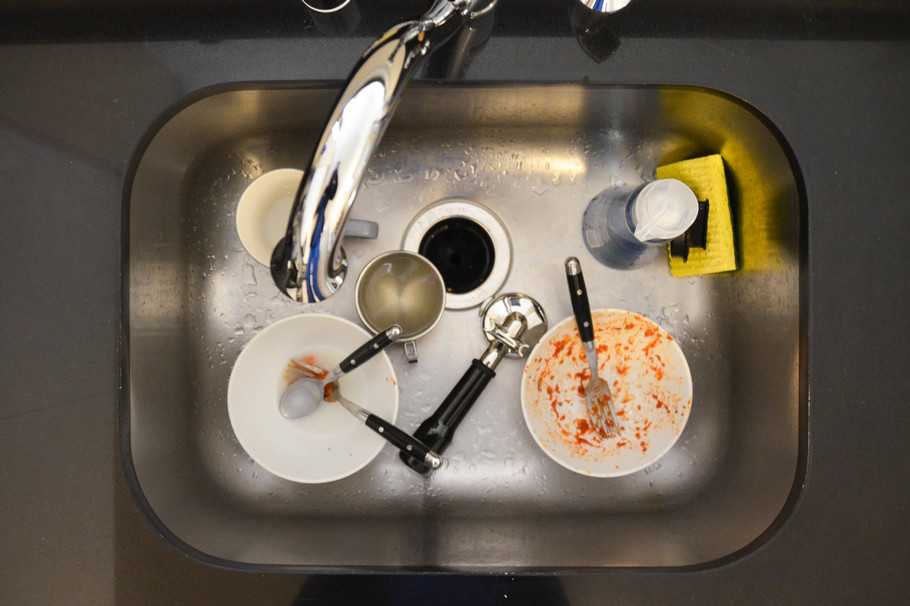For many people, most daily waste comes from the kitchen. Whether it’s recycling, composting, or simply throwing things away, the kitchen is a huge source of waste. With environmental concerns becoming increasingly prevalent, going green is even more important. It follows, then, that going green would start with creating a more sustainable kitchen. While there are many ways to go about making your kitchen more sustainable, here are five easy starting points.
1. Start a Compost Bin

A compost bin is a collection of organic kitchen scraps that is allowed to decompose in optimum conditions and whose end product is nutrient-rich soil. When organic waste is sent to the landfill, it is not able to properly decompose and releases methane gas, a dangerous greenhouse gas, into the atmosphere.
If you have a large outdoor space and the proper resources, you can make your own compost pile and reap the rewards of nutrient rich soil for your home garden. If you don’t have the resources, check with your local waste disposal services to see how you can contribute to community compost.
2. Grow Your Own Herbs

If you usually find yourself reaching for the same few herbs in the kitchen, consider planting your own. Store-bought herbs are often packaged in unnecessary single-use plastic, and having herbs right in your kitchen cuts down on the carbon emissions necessary for transporting the produce to the store. As an added bonus, you’ll have super fresh herbs to use in your cooking.
3. Buy Reusable Sponges

Everyone’s kitchen needs a sponge. They’re handy and versatile. From washing dishes to wiping down counters, sponges have your back. However, sponges are also piling up in landfills at an alarming rate and they are not biodegradable. Instead of normal kitchen sponges, opt for pure cellulose or natural burlap sponges in your sustainable kitchen. These options are reusable and recyclable, meaning they’ll last longer and if you dispose of them correctly, they won’t end up in the landfill.
4. Try Meatless Mondays

You might be surprised to learn that the meat producing industry is far from sustainable. In fact, it is estimated that it takes 425 gallons of water to produce 1/4 pound of beef and that the global livestock economy emits more greenhouse gases than the worldwide transportation economy. By going meatless one or more days each week, you’ll save global water sources, cut down on carbon emissions, and combat global food scarcity.
5. Bring Your Reusable Bags to the Grocery Store

How many single-use plastic bags do you use every time you go to the grocery store? Plastic bags are long term landfill residents and a large culprit of ocean pollution. Buy one or two reusable bags and take them on every grocery trip. Not only will you cut down on the plastic you send to the landfill, but some grocery stores will even give you a small discount for bringing your own bags. While you’re at it, you can also stop bagging your produce in separate plastic bags. As long as you wash your produce before eating it, there is no need to separately bag it.
There are many more small steps you can take to create a more sustainable kitchen. Some steps are harder than others, so focus on the easy ones to get started and work your way up to the big changes that you feel comfortable making. Good luck going green!

